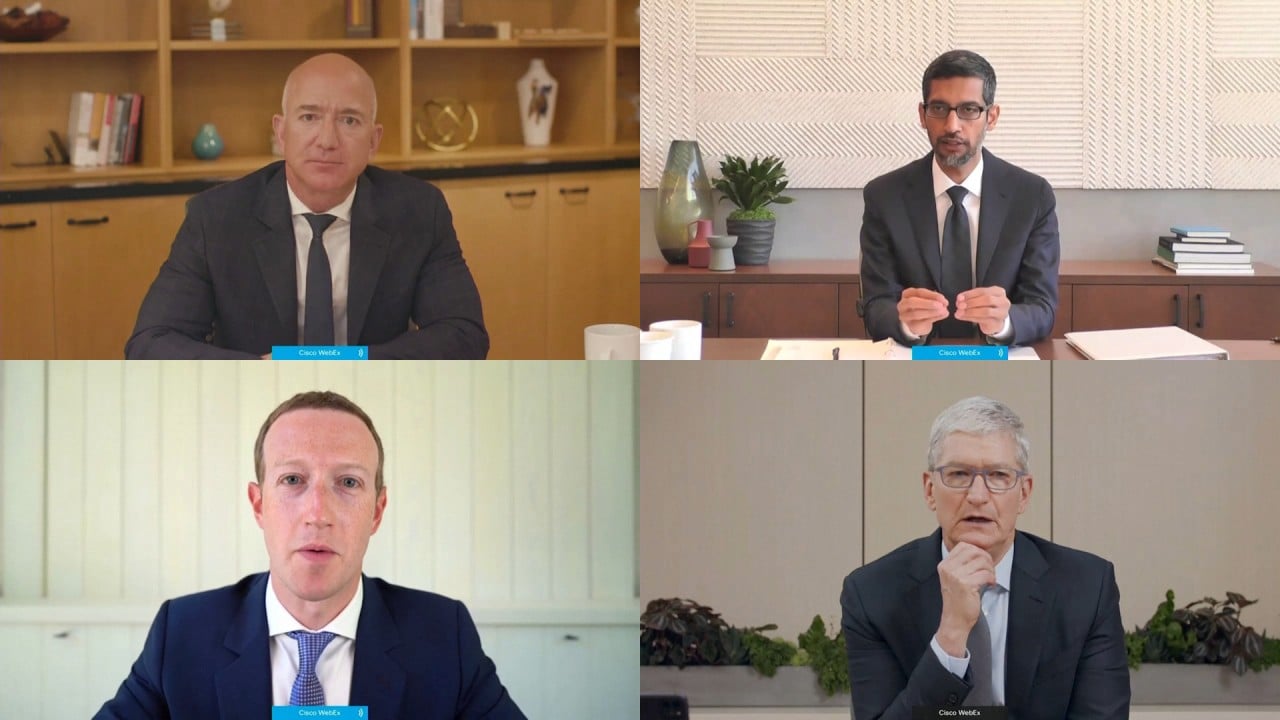
IP theft? China’s tougher patent law brings payouts, pharma dispute fix
- Revised law introduces compensation for losses caused by patent infringement, and early resolution mechanism for pharmaceutical cases
- US government has called for China to address the issue, a long-standing grievance for companies
In a first for China, if a patent is infringed intentionally or with severe harm caused to the patent holder, the guilty party will be liable to pay compensation of up to five times the loss suffered, the benefit received by the violator or the patent licence fee. If that cannot be quantified, courts can demand compensation of 30,000 to 5 million yuan (about US$4,500 to US$750,000), up from the previously stipulated 10,000 to 1 million yuan.
The revised law, which will take effect next June, also establishes an early resolution mechanism for pharmaceutical patent disputes.
It has long been a grievance of companies that China’s punishment of patent infringement was too lenient to act as a deterrent.
China IP cases surge as US complains of rampant theft
The tightening is the first change to patent law since China and the United States signed a partial trade deal in January.
The revised patent law – approved on Saturday by the National People’s Congress Standing Committee (NPCSC), China’s top legislative body – is the fourth version of the law since it was introduced in 1985.

02:06
Facebook, Amazon, Google and Apple respond to Congress about whether China steals US technology
This fourth revision was initiated in 2014, going through 29 amendments and three reviews – a normal timescale in China for important changes to the law. A draft was published in July for public feedback.
Wang Ruihe, a division head with the NPCSC’s Legislative Affairs Commission, told state news agency Xinhua that the law “raises the infringement cost and makes violators pay a heavy price”.
The new early resolution mechanism for pharmaceutical patent disputes has been widely regarded as China’s counterpart to the American pharmaceutical patent system.
It allows patent holders and those seeking market approval for a drug to file a lawsuit during the approval process for a verdict on whether a drug’s technical solution infringes on others’ patents.
Will China take the ‘nuclear option’ and cut US access to medicines?
The law also allows extension of patent terms of new drugs by up to 14 years, allowing for the time required for administrative assessment and approval.
Song Jianhua, director of the treaty and law department with the China National Intellectual Property Administration, said the new pharmaceutical dispute process could better balance the interests of patent holders, generic drug producers and the public.
“We should ensure the accessibility of drugs, [but] meanwhile the massive expense on pharmaceutical R&D requires forceful intellectual property protection to ensure innovation,” Song told Xinhua.
Song also said a proportion of patents had remained idle and the law would better facilitate uses of them to encourage innovation.

